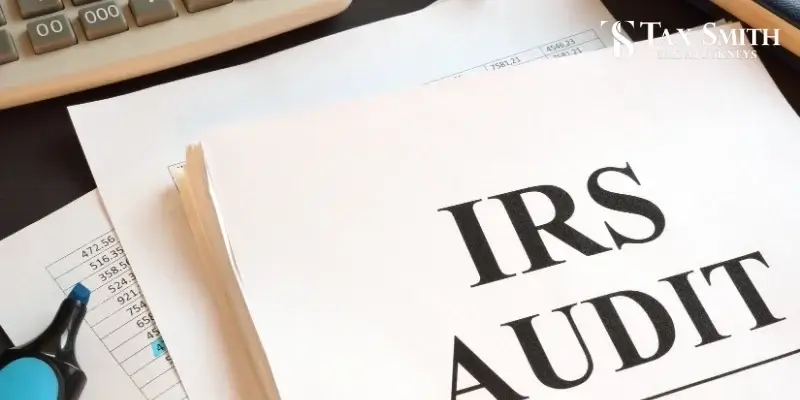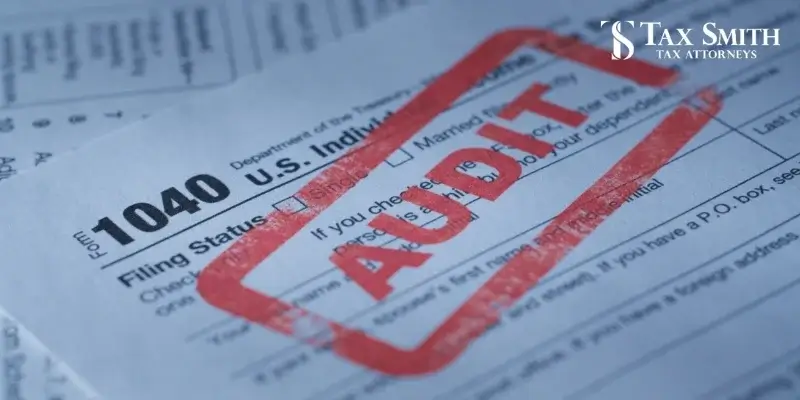There has been a great deal of discussion about the $80 billion operating budget the Internal Revenue Service (IRS) received as part of a plan to reverse inflation. This legislation, coined the Inflation Reduction Act, includes plans to make the IRS a world-class customer service center for taxpayers. It includes plans to develop a data management system that provides a 360-degree perspective of taxpayers’ finances. It also includes funding to hire highly-skilled lawyers and accountants to assist in auditing the most complicated of corporate and partnership tax returns.

So on the brink of the new and improved IRS, many are wondering what it could mean for them personally. Statements released by the IRS pledge to not increase the amount of audits for taxpayers who make less than $400,000 per year. Additionally, some of this funding was reduced as part of the bipartisan deal to raise the debt ceiling. Thus, there may not be any cause to worry about more audits occurring. However, there is a potential chance that anyone can get audited.
What Is an Audit?
When a taxpayer gets audited by the IRS, it means that a financial investigation is being done on that individual’s financial information and accounts. This is intended to verify that the amounts reported on their tax return were correct and in compliance with tax laws.
Who Gets Audited?
While red flags in a taxpayer’s tax return will likely raise cause for concern at the IRS, and could potentially result in an audit, if you are a tax-law-abiding resident of the US, there are a few other ways you’re more likely to get audited than just by flubbing your return. The two main reasons someone gets audited by the IRS are below.
- Random Audits: The IRS randomly selects tax returns via a computer algorithm. Typical tax returns are compared with actual tax returns. Statistically, random returns are pulled to create a sample of “normal” tax returns as part of the National Research Program. The IRS uses this program to update information for return selection.
- Related Tax Returns: When tax returns are involved in other taxpayers’ returns that have been selected for audit, they are also audited in conjunction with their investors or business partners.
What Happens When a Tax Return Is Pulled for Audit?
First, an experienced auditor preliminarily reviews the return. If they see nothing notably wrong with the return, it will be accepted as is. If something looks amiss, the questionable items will be flagged and noted, and the return is then sent to an examination group for further analysis.
Will I Be Notified If My Tax Return Is Selected for Audit?
The IRS notifies taxpayers by mail only if their return has been selected for audit. The initial notice of audit won’t be done over the phone. The actual audit will occur by mail or in person. You may be asked to come into an IRS office, referred to as an office audit, or you may go to an accountant’s office or another place of business, referred to as a field audit. The details of the audit will be indicated in the initial letter you receive in the mail.
In some cases, audits are conducted by mail. In these cases, it is usually only when additional information is needed for your return, such as proof of income, expenses, or itemized deductions. You can request a meeting in person if you wish.
The exact items you will need to provide will be included in the letter. Some examples of financial documents you may be asked to provide are listed below, but it is recommended that you not mail original documents. Only mail copies of anything that the auditor requests.
- Receipts
- Canceled Checks
- Bills
- Legal documents, such as a divorce settlement, criminal defense papers, tax preparer paperwork, or proof of property acquisition
- Loan agreements with the names of borrowers, financial institutions, the type of property, the amount borrowed, the terms, the settlement sheet, etc.
- Medical records
- Theft or loss records, including insurance reports, police/fire dept. records, photos, videos, appraisals, explanations for the loss
- Employment records and documents, such as reimbursement paperwork and documents, W-2s, etc.
- Schedule K-1

FAQs About IRS Tax Audit Process
What Are the Odds of Getting Audited in 2025?
Despite changes at the IRS, they don’t anticipate an increase in the number of regular audits they will perform that involve most of the middle-class taxpayers who submit tax returns. The chance of getting audited overall is merely 0.4%, but if you are on the margins of earners, whether high or low, your chances go up. For instance, taxpayers who report no positive income have a more likely chance of getting audited at 1.1%.
How Long Does It Take to Get Your Refund After an Audit in 2025?
If your tax return is flagged to be audited by the IRS, you probably won’t get the 10- to 21-day turnaround for regular refund issuance. Instead, once your return has been audited and accepted, which could take some time itself, you can expect your refund up to 120 days after acceptance.
Will More People Be Audited in 2025?
There will be an increase in audits for higher-income earners, but they have pledged not to increase audits for the majority of taxpayers. Also, low- or no-income earners might get more audits for being on the margins, but most people will not be affected by or notice more audits.
What Does the IRS Look for During an Audit?
When doing an audit, the IRS will ask for:
- Documents
- Records
- Financial accounts
- Information that pertains to what was reported on the tax form
- Medical bills
- Medical records
- Financial statements
- Property acquisition documentation
- Household bills
- Loan forgiveness documentation
- Loan details
- Divorce settlement documentation
- Anything else that the evaluator or reviewer deems relevant to the purposes of the audit
Contact TaxSmith, LLC
If you have received a letter from the IRS indicating that your tax return will be the subject of an audit, you will be better prepared with the advice and legal counsel of an experienced tax lawyer. Contact TaxSmith, LLC, and let our legal team guide you through your audit and help you through the process. We have the know-how to help you get it over and done with quickly.








